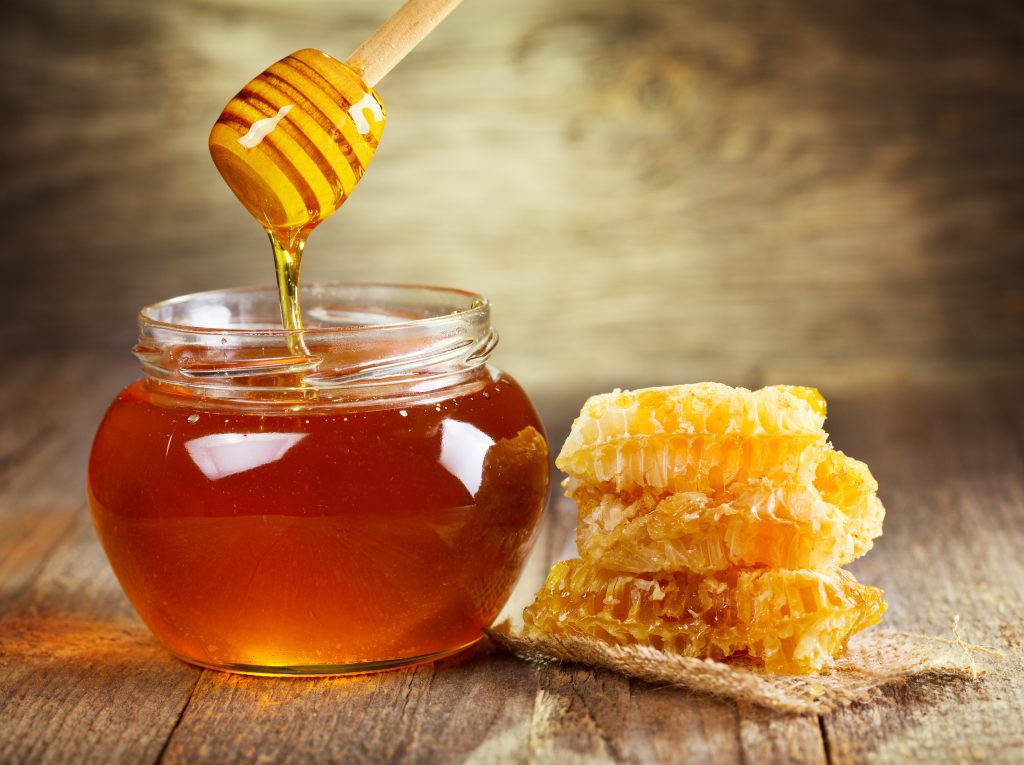September Is Sweet! What You Need to Know This National Honey Month
Honey tastes a little sweeter this September at Vulcan Termite & Pest Control Inc., all thanks to the bees! September is National Honey Month, a time to celebrate the hardworking bees and the devoted beekeepers who support them.
Believe it or not, our pest professionals like to see beneficial insects like honeybees buzzing in your backyard. We rarely consider honeybees as pests since they promote a balanced ecosystem and provide resources that benefit our planet and most living creatures. Bees are a sign that your yard is thriving, and part of our job is to keep them there.
Keep reading to learn more about National Honey Month in Alabama and the latest news in the hive!
National Honey Month Begins With You
Although National Honey Month is a nationwide celebration of the bees, it began because of people like us, you, and the beekeepers at your local farmer’s market.
You can find honey at almost every local farmer’s market because of its versatility and long shelf life. It can be used in cooking, for medicinal purposes (e.g., a supplement for pollen allergies), and as a natural sweetener; there’s nothing a bit of honey can’t fix. Local honey has a taste that exceeds any you can buy on the shelf at the grocery store, so buy it local and support your beekeepers!
Beekeepers Deserve Appreciation
Bees do the work, but beekeepers keep the hive alive so you can get the fresh, local honey you love. A beekeeper’s job is caring for bee hives and their colonies. That involves harvesting honey, monitoring hive health, and supporting pollination for flowering plants and crops.
Did you know that nearly one-third of our food results from pollination by honeybees? That’s about 100 different crops in the United States alone! Honeybees are necessary for our food supply (and the agriculturalists who cultivate and aid in these practices). Since bees play such an essential role in our world, we also highly value beekeepers for their conservation of bee populations, assisting in preventing their extinction.
At Vulcan Termite, we consider beekeepers our partners in preserving the balance between beneficial insects, like honeybees, and destructive pests—the ones that threaten the plants honeybees work hard to pollinate. Even though we strive to keep the bees around, beekeepers are the true heroes behind every hive.
The Latest Buzz in Alabama: Africanized Honey Bees
Aside from National Honey Month, here’s some buzz-worthy news: the Alabama Department of Agriculture and Industries (ADAI) has confirmed the appearance of Africanized honeybees, with sightings and reports from local beekeepers in the Barbour County area.
So, what’s the big deal about Africanized Honey Bees?
Why AHBs Are So Buzz-Worthy
Africanized honeybees (AHBs) are a hybrid of European and African honeybees. Although beekeeping AHBs may promote higher rates of honey production, we’d consider this honeybee pest outside of the beekeeping context (i.e., anywhere outside of a beekeeper’s hives).
Unlike the docile, more common, and genetically European-dominant honeybees, AHBs are easily provoked, much like murder hornets. Some even call AHBs “killer bees” because their aggression makes them more likely to sting people and animals; this can be fatal for those with severe bee sting allergies.
With this news in mind, ADAI is working closely with local beekeepers to protect our pollinators, keep citizens safe, and maintain the health of our existing honeybee populations.
To the ordinary eye, you might not notice a difference if you spot an Africanized honeybee. Check out our ultimate guide to identifying native bees you’ve probably seen buzzing around!
Let’s Keep the Bees Around Together
At Vulcan Termite, we aim to provide quality service and top-of-the-line treatments. This National Honey Month, let’s celebrate the honeybees and all they do! We are proud to use bee-friendly solutions that keep your flowers happy and unwanted pests away.
If you’ve noticed fewer honeybees and more problematic pests buzzing around your yard, call (205) 663-4200 or fill out our online contact form. We offer premium yard pest control services and treatment plans to suit your needs!


